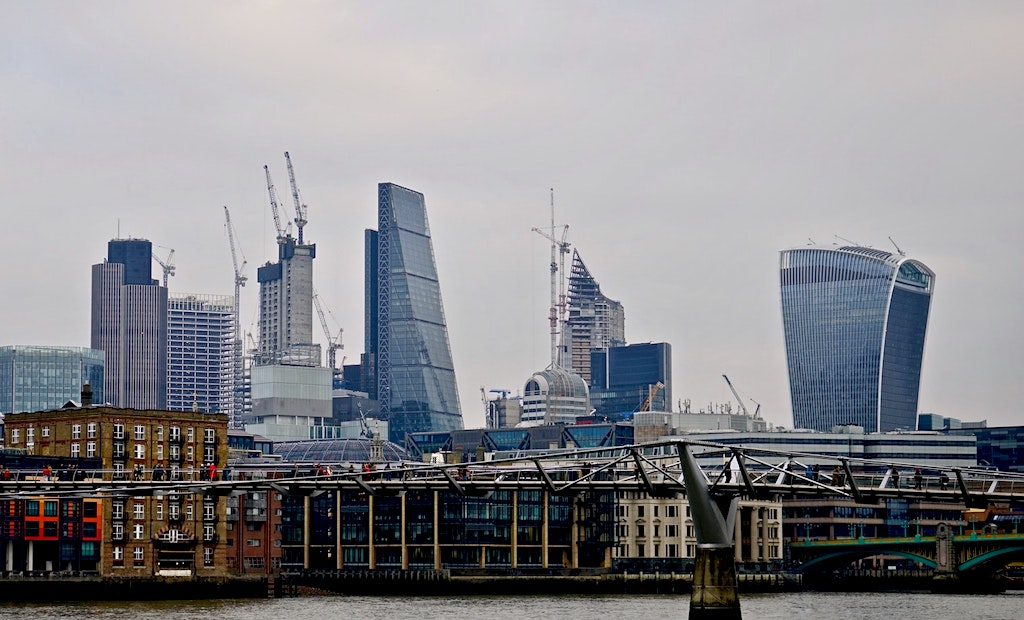Resigned Barclays boss Diamond to face MPs’ questioning

Former Barclays boss Bob Diamond prepares to give evidence before the Treasury Select Committee today, after his resignation from the position of Chief Executive on Tuesday.
The committee of MPs, chaired by Tory MP Andrew Tyrie, is expected to lead a parliamentary inquiry into banking. The 60-year-old former boss will attempt to account for the sequence of events between 2005 and 2009, when Britain’s third largest bank tried to manipulate the London inter-bank rate (or Libor) at the height of the financial crisis in 2008.
Barclays was last week fined a record of £290 million by the British and US authorities for its role in manipulating a key interest rate, the London Interbank Offered Rate, which underpins financial transactions worth an estimated £229.52 trillion during the period from 2005 to 2009. The Libor rate is a financial measuring instrument published by the British Bankers Association (BBA) and it is used by banks to price financial contracts, ranging from mortgages to student loans.
Diamond is the third senior Barclays official to resign over the scandal this week, after the resignation of the former Chairman Marcus Agius and Jerry del Missier.
Diamond implicated the Bank of England (BOE) on Tuesday by revealing details of a phone call with BOE’s deputy governor, Paul Tucker, in October 2008 that ultimately led to some Barclays managers having the “mistaken perception” that bankers were free to lower the rate themselves.
Meanwhile, Barclays said Diamond’s conversation was wrongly interpreted by Jerry del Missier, then a senior manager at investment arm Barclays Capital, as an instruction to lower the bank’s Libor submissions.
Shadow Chancellor Ed Miliband stepped up Labour’s demand for a judge-led public inquiry instead of a parliamentary probe into the fault of the Libor scandal. “It was necessary and right that Bob Diamond stepped down, but this is about much more than one individual, it’s about the culture and practices of the banking industry.”
Yet Chancellor George Osbourne believed that a judge-led public inquiry would take too long. “A proper parliamentary inquiry with real powers to hold evidence under oath will get some answers in the next few months.” Osbourne hoped there would be “a new culture of responsibility in British banking”.
On Thursday, MPs will vote whether to set up a parliamentary inquiry into the Barclays banking scandal or to set up a judge-led inquiry, similar to the Leveson inquiry into media standards.
Queenie Man























Facebook
Twitter
Instagram
YouTube
RSS